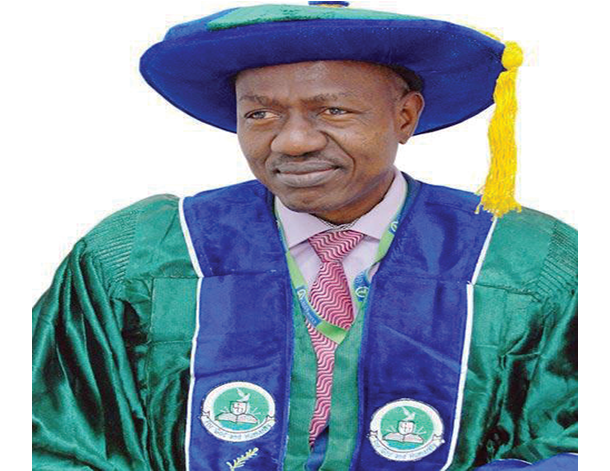Caleb University has announced the gathering of global thought leaders at the University of Leeds, England to brainstorm on the challenges, innovations, and opportunities in Higher Education practices from Friday 22nd to Saturday 23rd June 2023.
According to a release from Caleb University Deputy Director, Public Relations, Protocol and Marketing, Dr Elvis Otobo, the institution’s vice chancellor, Professor Nosa Owens-Ibie, will speak at the conference on Higher Education Pedagogies in Africa: Looking Back to a Prosperous Future.
Professor Nosa Owens-Ibie in his reaction said: ” The British roots of higher education in Nigeria were evident not only in its context, affiliation, promoters, and the shape of its implementation but also in the logic that drove its initial expansion.
READ ALSO:
- Tinubu Inaugurates Economic Team Headed By Shetimma
- Naira Depreciates by 40.78% at Investors, Exporters Window
“From 1932 when Yaba Higher College was established in Lagos as the first higher institution in Nigeria, to 1948 when the University College opened in Ibadan as an affiliate of the University of London, the progression has been inextricably linked to its roots in the British system, although there have been significant incursions in recent times by the United States.
“The developments in many other African countries basically replayed the Nigerian script. More recently, there has been a proliferation of institutions and higher education development has been heavily impacted by the politics of development.
“The heavy investment in higher education at that time reflected the potential that the political class showcased.
“The progress in the higher education sector was complemented by rapid advancement in social infrastructural development epitomised, for example, by the establishment of Africa’s premier television broadcasting station in Ibadan in 1959 – earlier than many European countries”
“The Professor of Communication, Media, and Development will use Nigeria as a case study, his presentation will schronicles phases in the development of higher education institutions in Africa and interrogates the political and intellectual contexts of this development.
“It will examines the legal and policy provisions that paved the way for the private sector to intervene in higher education provision and will argue that this intervention has opened wide the door to creativity and innovation despite the challenges that still dot the higher education landscape.
“The innovative and adaptive capabilities of these universities enabled them to surmount the challenges of COVID-19. Caleb University was among those which transited with an unbroken academic calendar.
“The collateral impact of the unstable calendar of public institutions, marked by long strikes by academic staff, has led to many academic staff and students relocating abroad, a development that further stifles development options.
“This emigration is now known as the Japa Syndrome. The opportunities for partnerships which tap into a largely uncharted domain of possibilities represent the path to unlocking a new era of North-South collaboration, mentorship, bridging of the digital and quality assurance divide, and creative engagements.
“Other thought leaders scheduled to speak at the conference are Professor Andrew Azzopardi, Dean – Faculty of Wellbeing, University of Malta, Dr Pamela Barber-Freeman, Prairie View A&M University, Texas, Dr Patricia Hoffman-Miller, Prairie View A&M University, Texas, Professor Laurette Blakey Foster, Executive Director, HBCU Faculty Development Network, Professor Chang Heng-hao, National Taipei University, Dr Claire Brown, Victorian Academy of Teaching and Leadership, Dr. Yap, Meen Sheng, Dean of Students, Student SUcceSS Centre, Singapore University of Social Sciences and Dr Jeremiah E. Shipp, Winston-Salem State University.
“The conference will bring together international thought leaders and reformers in higher education and provide a unique platform to discuss and compare emergent ideas and practices with the aim to formulate a framework for new, inclusive, agile, and visionary higher education pedagogies that address the challenges of “new times” and envision the University of the future.


